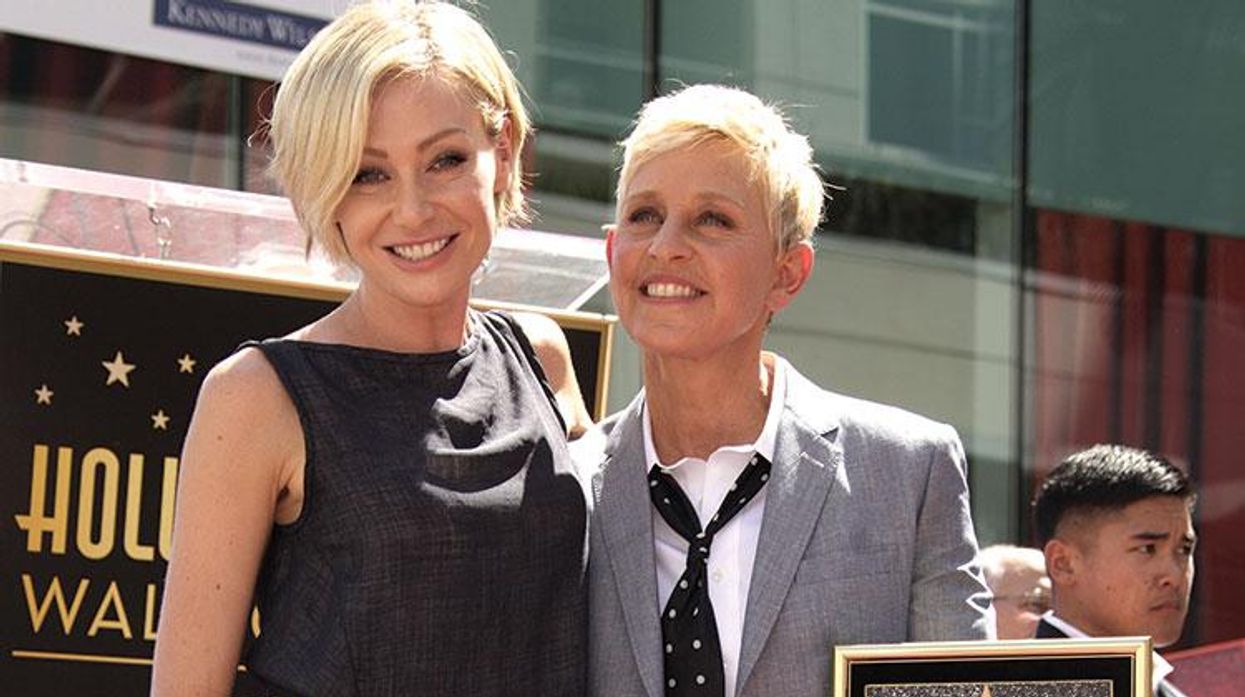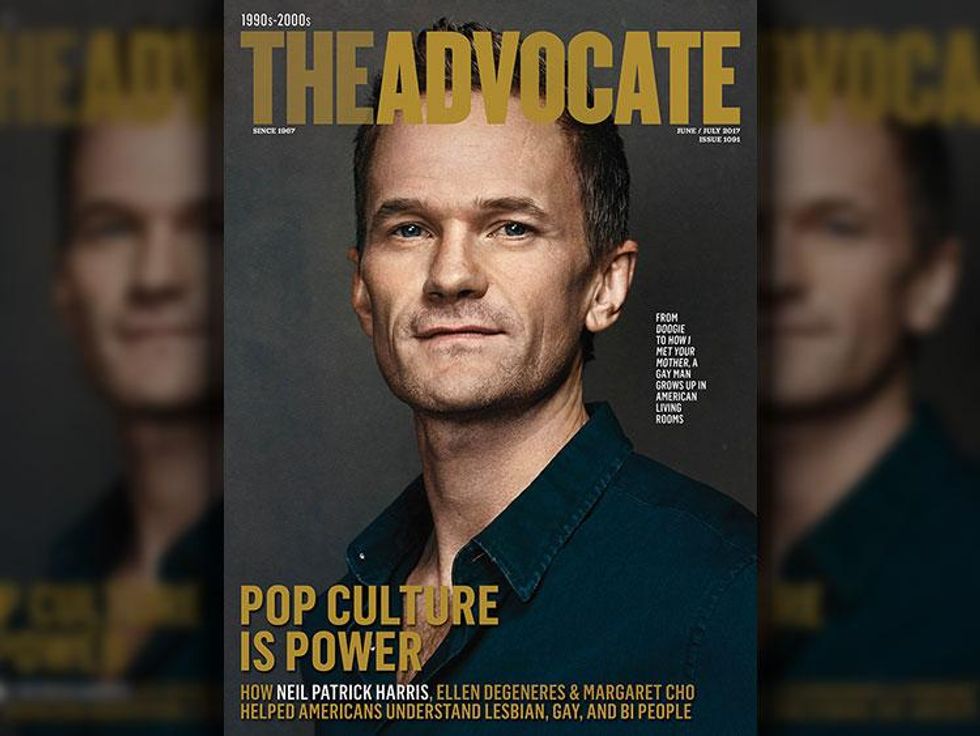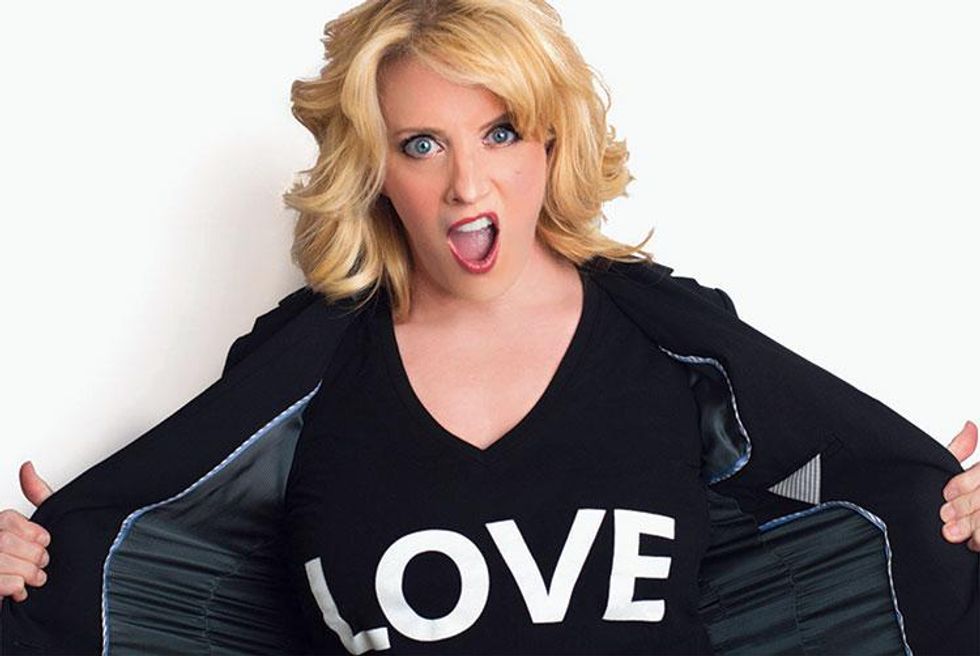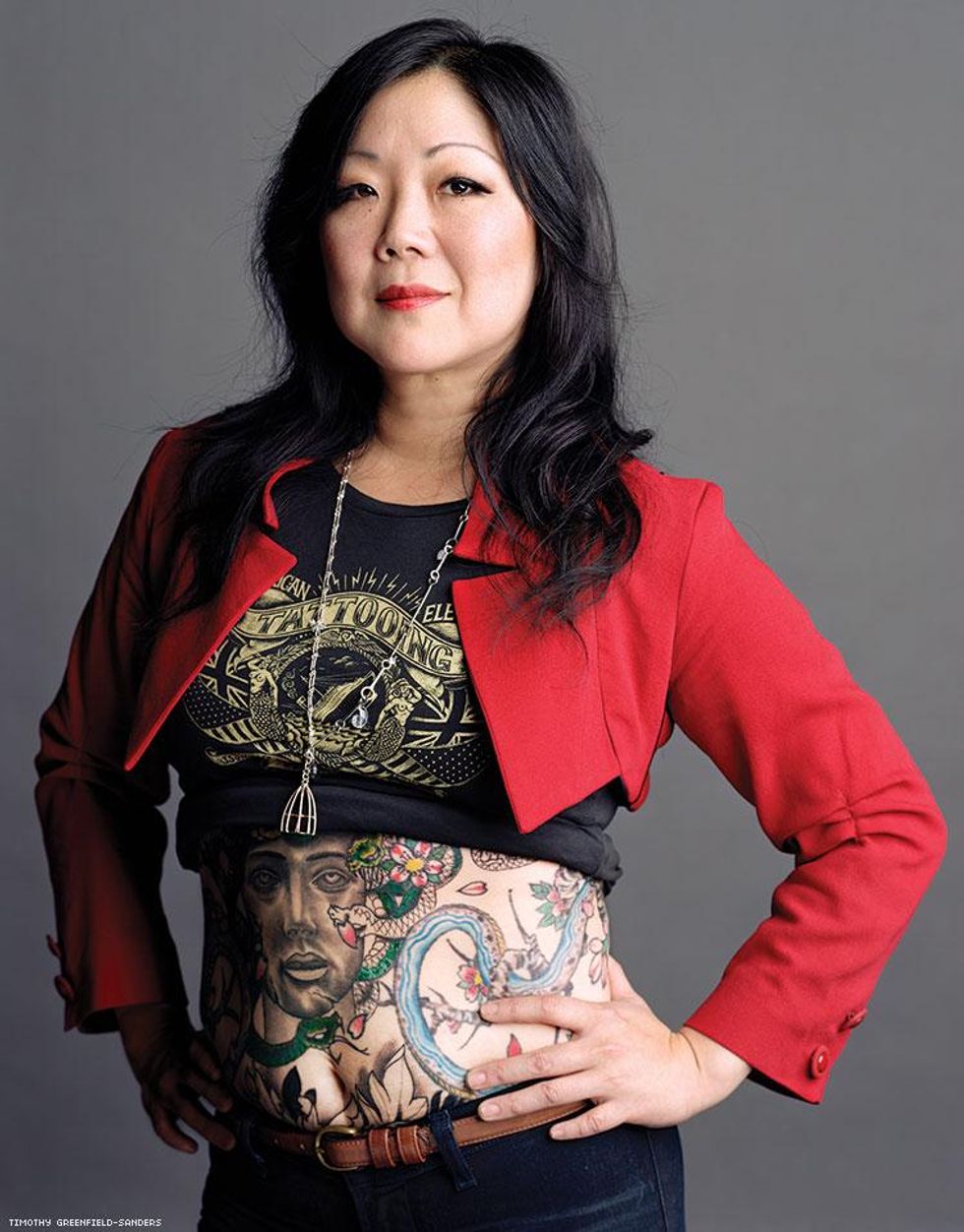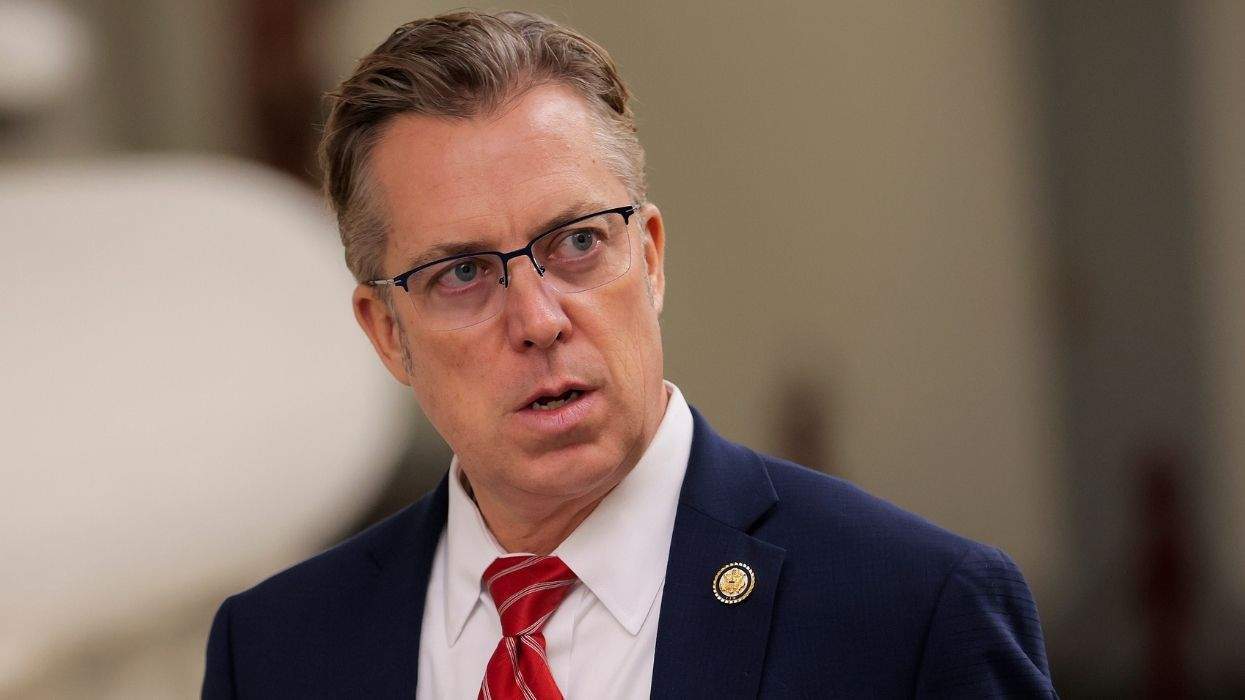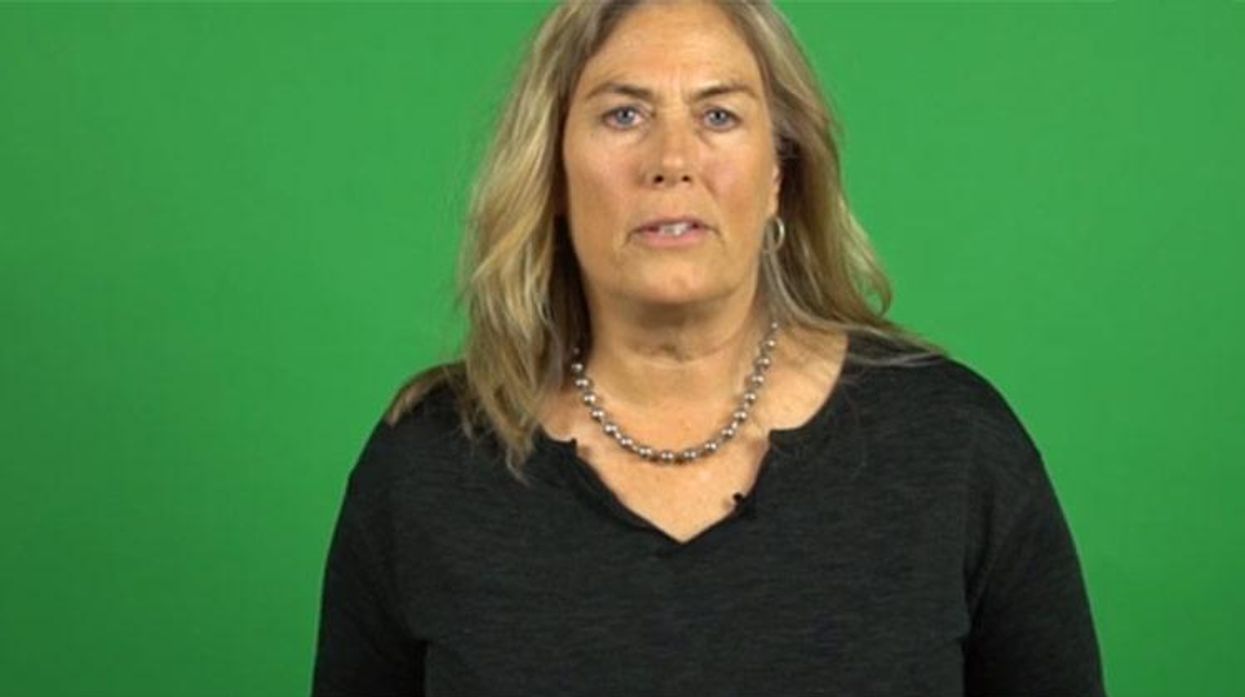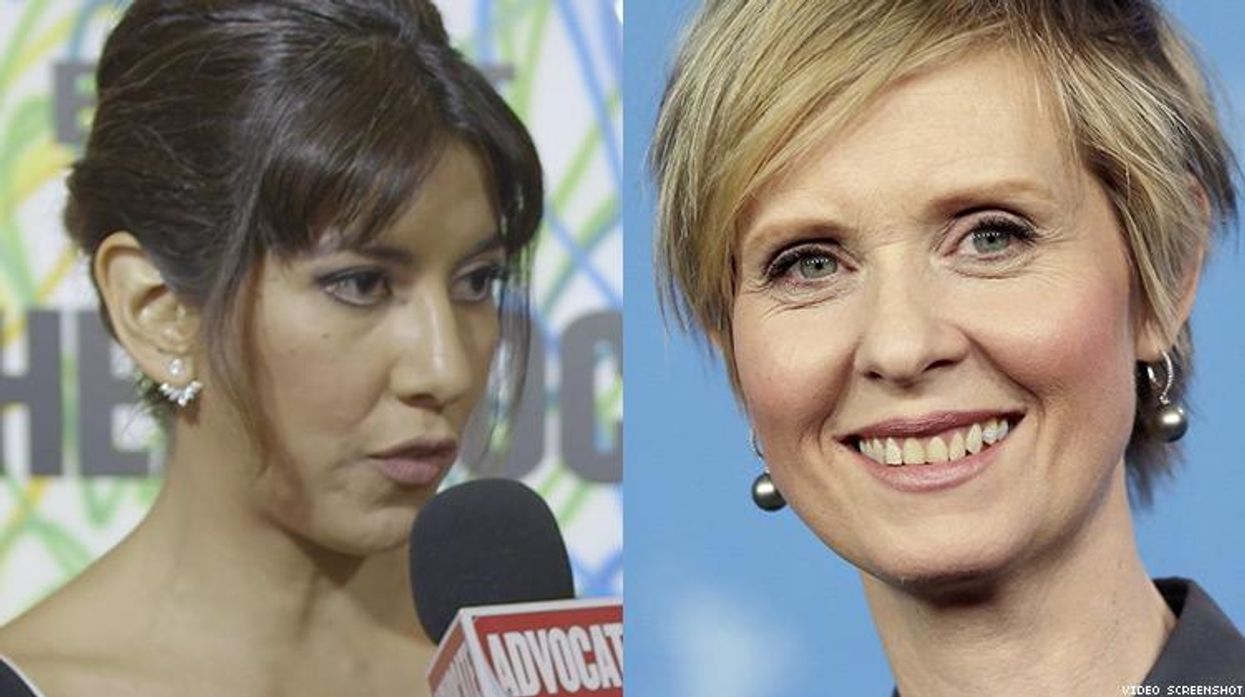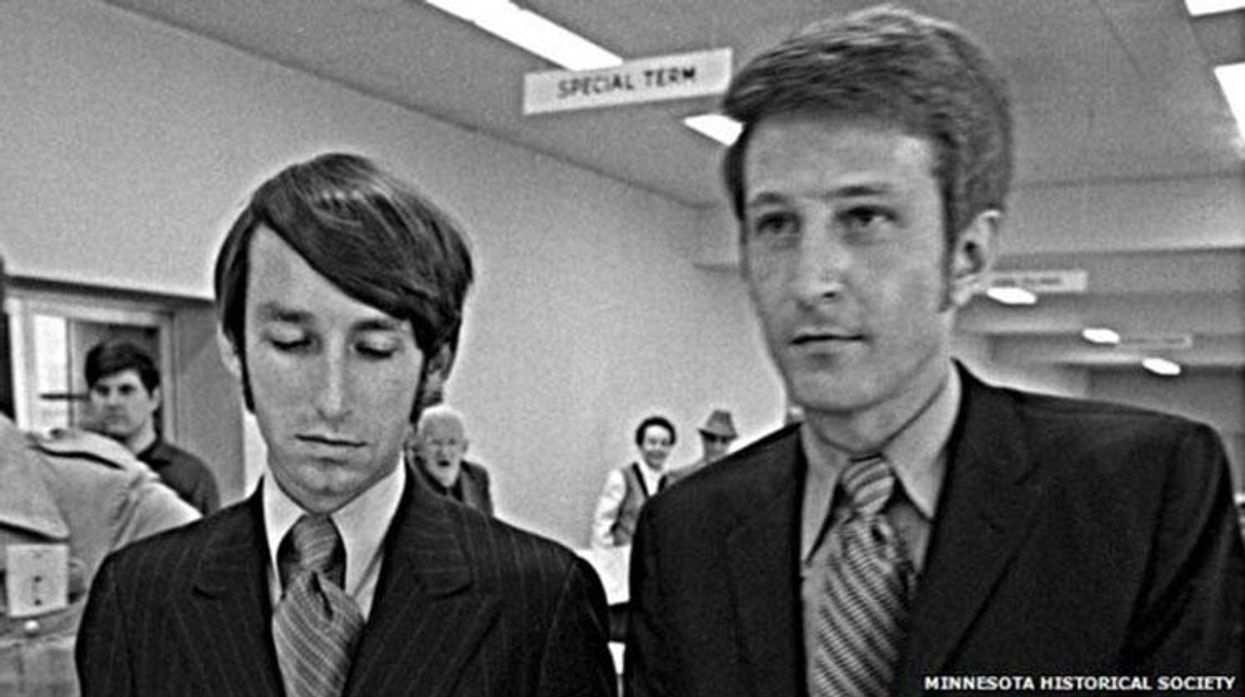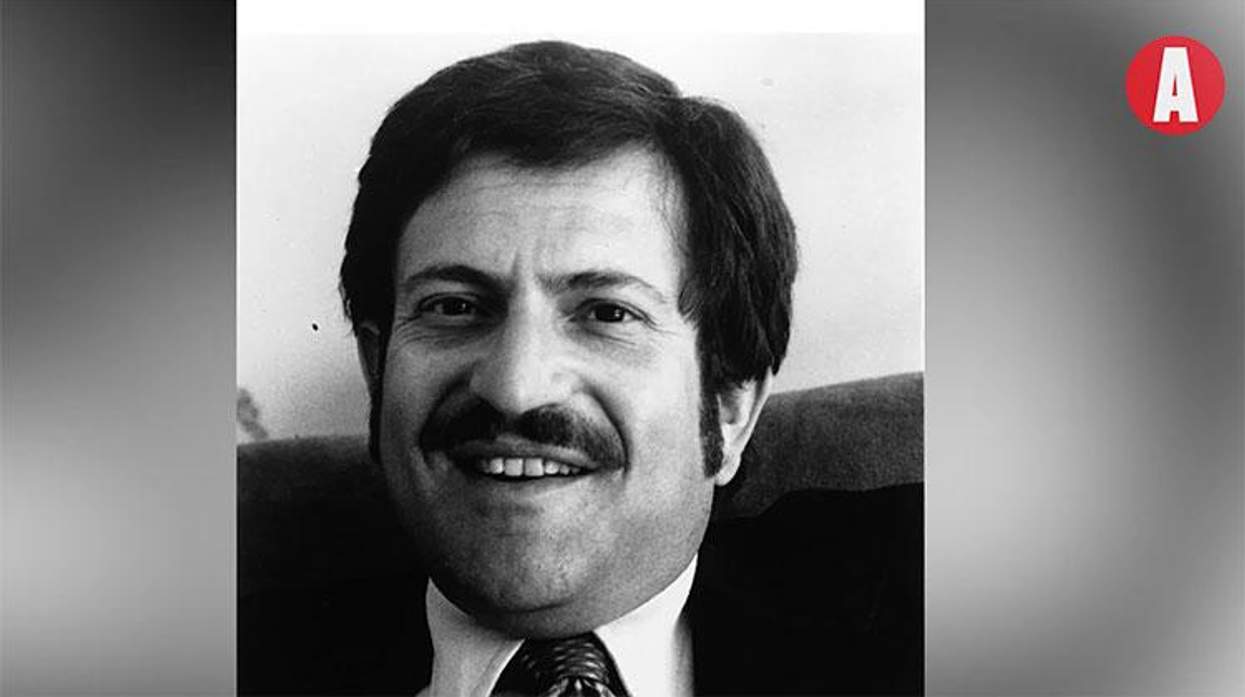TV writer Bob Smith once wrote in these pages that the genealogy of LGBT characters on TV would make for a very long, biblical-sounding family tree in which the word begat is used a lot as a verb. For example, Lance Loud, who came out in the PBS documentary series An American Family in 1973, eventually begat Pedro Zamora from the 1994 season of MTV's The Real World, who somehow begat Richard Hatch, the bearish gay guy who won the very first Survivor in 2000. Fictional TV is much the same.
But the 1990s and 2000s were the busting-out years, and while trans people continued to be portrayed as victims or villains and bisexuals continued to be over-sexed nutbags (Tila Tequila), gays and lesbians -- especially the socially acceptable versions -- began to finally gain real visibility.
Critics can argue that the guys of Queer Eye for the Straight Guy were too white (despite Jai Rodriguez), too flamboyant, too focused on home lifestyle stuff (HGTV proves many other Americans were too). Yet the bottom line is that after watching the show, more straight Americans were comfortable with gay men. So too with Will & Grace and Buffy the Vampire Slayer (which told a generation of teens girls it was cool to be queer). Even a small series, like Noah's Arc, made an impact on how we were seen and how we saw ourselves (in that case, black men saw themselves reflected for the first time).
In music during these decades, Melissa Etheridge, k.d. lang, Indigo Girls, Meshell Ndegeocello, and later Chely Wright all risked their careers coming out and found legions more fans.
Much like Etheridge, who started playing at lesbian bars in Long Beach, Calif., Ellen DeGeneres got her start in comedy clubs in New Orleans. Both women weren't really closeted, but they were not really out.
Older fans have plenty of stories about both women and their early years in lesbian spaces, but neither had come out in the mainstream media until Etheridge in 1993. For a time, she was part of the most visible same-sex family in America (her wife, Julie Cypher, who had left Lou Diamond Phillips for the crooner, was bisexual). Rolling Stone actually put Etheridge's family on the cover: Cypher, their two kids, their sperm donor papa David Crosby, and his wife, Jan.
It took four more years before DeGeneres, who was by then a household name with her own TV series, came out in the most spectacular way (and I don't just mean the Time cover story). Her eponymous TV character came out as well.
Queers were thrilled, but the media coverage and backlash was swift. ABC -- which now has an out gay actor playing a gay character living with HIV on How to Get Away With Murder -- was apparently uncomfortable with the subject matter after she came out. They stopped promoting the show and cancelled it the next season. DeGeneres didn't get another show for nearly half a decade.
For teens today, who know DeGeneres only as an affable, beloved, middle-aged talk show host who has been coming into their homes for 14 seasons (and whom young children know as their favorite animated character, Dory), the reaction to DeGeneres's coming-out in 1997 must be shocking.
DeGeneres's coming-out showed the messy aftermath of being bold, but also the reward of waiting until people got to know you first.
Suzanne Westenhoefer (pictured), another blond lesbian comic, had been out from the onset of her career, beginning with a 1991 appearance on Sally Jesse Raphael. The talk show host was the first to point out that Westenhoefer was a lipstick lesbian, unlike Kate Clinton or Karen Williams or the especially butchy Lea DeLaria (who audiences now love on Orange Is the New Black). In the 1990s, DeLaria scared straight audiences; DeGeneres comforted them. She still does.
Westenhoefer fell somewhere in between, and because of that, while she was the first out lesbian comedian on Late Night With David Letterman and the first with an HBO special, there was no ABC pilot in her future.
When comic Margaret Cho (pictured above) landed her first sitcom, All-American Girl, it was one of the first to feature a primarily Asian cast. The bisexual (or queer, as she says today) had a lot of hurdles to overcome in what was then a diversity-averse Hollywood, where producers complained she was too fat (attempts to rapidly lose weight sent Cho into kidney failure) and "too Asian."
A few years later, Neil Patrick Harris first hit television playing a 16-year-old genius physician on Doogie Howser, M.D. The show began in 1989 and lasted four years, tackling serious issues like AIDS, homophobia, racism, and sexism. When Harris came out (much later), we again saw the power of pop culture to achieve social acceptance.
It was DeGeneres, though, who was able to penetrate the American psyche unlike no other. Though the reaction was mixed and the media relentless at first, television viewers have genuine love for DeGeneres, which is why Hollywood kept looking for a way to bring her back. (Ask almost any former child actor and they'll tell you when America is done with you, nobody returns your calls.)
Today, DeGeneres is America's sweetheart: the soft butch who makes us dance, laugh, and cry, who held us up after 9/11 and the Pulse massacre, who gets involved when kids are bullied, who we trust to enter our living rooms day after day and give us charming stories and witty advice. She's so lovable, no one could blame actress Portia De Rossi (Arrested Development, Scandal) for falling in love with her. The two married in 2008.
Since then, DeGeneres has hosted the Academy Awards, the Emmys, and the Grammys. She's a spokeswoman for Cover Girl, is worth about $75 million, and was named one of the most powerful women in the world by Forbes. No mantle is big enough for her awards, which include 29 Emmys and the Presidential Medal of Freedom.
Today, DeGeneres is at the top of her game. There are dozens of LGBT characters on television, many just as dynamic and smart and nuanced (if not more) than the Ellen of the '90s awakening. This is the gift she gave us. This is progress.
